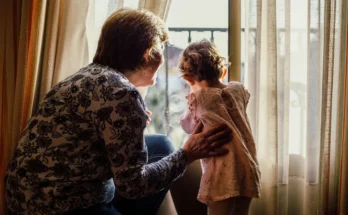After Mom died, grief became a quiet companion—woven into her chipped mug, her favorite Sade records, and the yellow walls she loved. I’m Britt, and I live close enough to the house I grew up in to feel its absence. My little sister Emma still lived there with Dad, until he remarried Monica—a woman who treated our memories like clutter. She erased Mom’s presence, boxed up her photos, and made Emma feel like a guest in her own home. When Monica got pregnant, she declared Emma “extra weight.” That’s when everything changed.
Emma called me sobbing—Monica had kicked her out. Said she “took up too much space.” Dad stood by, silent. I was furious. That house wasn’t Monica’s to claim. It was Mom’s, and legally, mine. So I drove over, walked past Monica’s smug smile, and started packing—not Emma’s things, but Monica’s. She shrieked, threatened lawyers, and Dad looked stunned. But I had the will. I had the truth. And I had no intention of letting my sister be erased.
Monica tried everything—tears, guilt, rage—but I didn’t flinch. I stayed in the house, made sure she left, and reclaimed every corner she’d tried to sterilize. Dad barely spoke, and when he did, it was too little, too late. Watching him walk away felt like losing him all over again. But Emma came back. Her suitcase was small, her eyes unsure. I wrapped my arm around her and said, “This is your home. It always has been.”
That night, we lit Mom’s vanilla candle, made grilled cheese, and played her favorite song. Emma sketched quietly while Olive snored at our feet. The silence wasn’t heavy anymore—it was warm. We hung Mom’s photos back on the walls and taped one to Emma’s door. For the first time in years, the house felt full again—not with furniture, but with love, memory, and the space we were finally allowed to claim.


